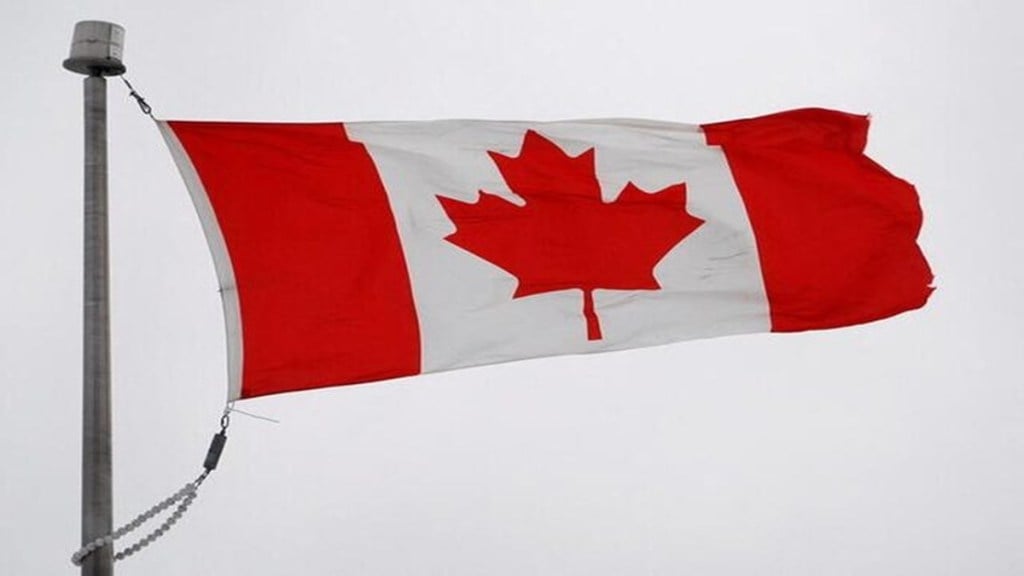Canada has introduced new immigration rules that permit officials to cancel temporary resident documents of individuals currently in the country. Canada has amended the Immigration and Refugee Protection Regulations for cancellation of Immigration Documents, in certain cases. The amended regulations are already in force from January 31, 2025, and are published in the Canada Gazette II.
These changes give immigration and border services officers explicit authority to cancel electronic travel authorizations (eTAs) and temporary resident visas (TRVs) on a case-by-case basis, including when a change in a person’s status or circumstances makes them inadmissible or no longer eligible to hold the document.
An officer can also cancel if he is not satisfied that someone will leave Canada by the end of their authorized period of stay or if the document was issued based on an administrative error.
Students may face cancellation of their immigration documents if they are refused a work or study permit after applying for it.
However, any other lawful authority is not authorised to cancel a visa or any other document, including an electronic travel authorization, temporary resident visa, work permit and study permit.
Foreign nationals who have been permitted entry to Canada temporarily as visitors, workers, or students are considered temporary residents. All temporary residents must comply with admissibility and eligibility requirements under the Immigration and Refugee Protection Act (the Act) and the Regulations.
All temporary residents require a TRV or an eTA to travel and enter Canada, unless exempt. TRVs can be issued for a single entry or be valid for up to 10 years and multiple entries. Travellers from visa-exempt countries require an eTA to fly to Canada. The eTA is electronically linked to a traveller’s passport and is valid for multiple entries and up to five years or until the passport expires, whichever comes first.
Foreign nationals who wish to work or study in Canada are also required to obtain a work permit or a study permit. The final determination of whether a temporary resident applicant is allowed to enter and remain in Canada is made by a Border Services Officer at the port of entry.
Approximately 7,000 additional cancellations of temporary resident visas, work permits and study permit documents are expected annually. A small portion of travellers may be turned back at the airport or a port of entry in the case of their document being cancelled before they enter Canada. IRCC acts as quickly as practicable to inform foreign nationals, via their IRCC account or via email, when their document is cancelled, including the reason for the cancellation
The impacts on foreign nationals, both outside and inside Canada, could include:
- Waiting for the re-issuance of their temporary resident document, which includes cases where the holder’s travel document was lost or stolen and they are waiting for a replacement;
- Having a cancellation record on their IRCC account, which could impact future temporary resident document assessments;
- Having to leave Canada, in cases of inadmissibility and ineligibility;
- Being refused to board at the airport;
- Refusal of entry to Canada at the port of entry;
- Financial loss in cases where a foreign national has purchased their travel ticket and is no longer authorized to travel to Canada.
